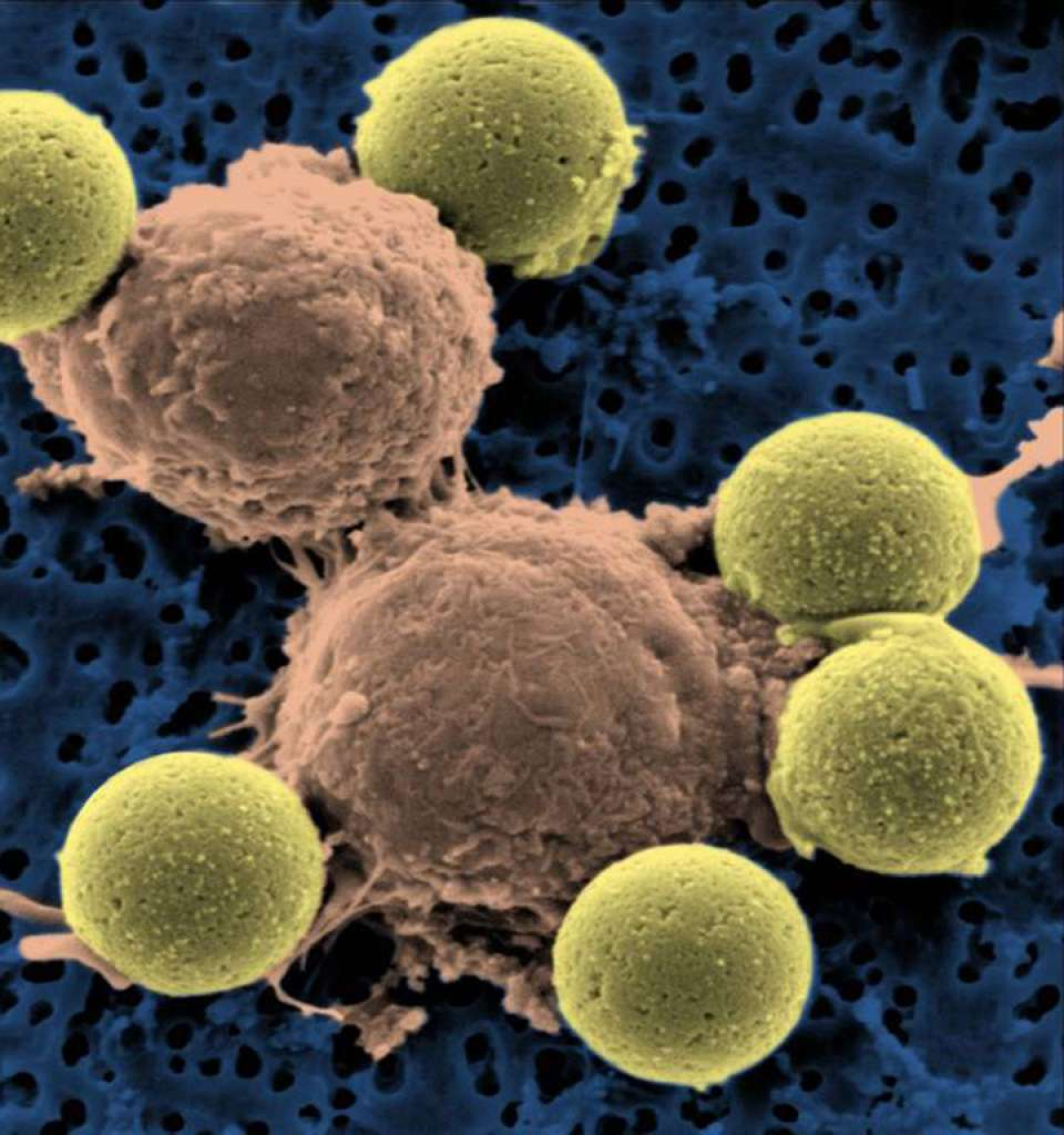Cancer report describes ‘amazing progress,’ urges more funding

- Share via
There were more than 13.7 million cancer survivors living in the United States in 2012 -- nearly 2 million more than in 2008 -- according to a cancer research report released Tuesday.
But the numbers of Americans who die from cancer is also projected to rise as the nation’s population ages, according to the American Assn. for Cancer Research’s 2013 progress report. That makes it likely that cancer will soon be the No. 1 disease-related killer of Americans, outpacing heart disease.
The report, which noted “amazing progress” in the fight against cancer even as it called for increased funding to promote still more scientific discoveries, summarized the current state of cancer.
Much of the news was very good. More people survive the disease than in the past: The report estimated that a million lives have been saved since 1990 thanks to advances in cancer prevention and therapy. Today, one in 23 Americans is a cancer survivor; in 1971, just one in 69 was. Death rates from malignant cancers declined 24.5% for men and 15.8% for women between 1990 and 2009.
But the publication also noted that more than 1.6 million Americans will be diagnosed with cancer this year and that new cases worldwide are predicted to increase from 12.8 million in 2008 to 22.2 million in 2030. The global economic toll from the disease is higher than that of any other major disease, the report also said, making a case for increased funding for research.
“Given that cancer is the most costly disease to our nation, and it is poised to become the No. 1 killer of Americans, it is urgent that we increase our investments in the scientific research needed to develop more effective interventions,” the report said.
One line of research highlighted in the report this year is cancer immunology: efforts to harness the body’s own immune defenses to fight the disease. Dr. Drew Pardoll, director of the cancer immunology program at the Johns Hopkins Kimmel Comprehensive Cancer Center and a contributor to the report, described a number of advances in the field that had occurred in the last two to three years, including the FDA approvals of the prostate cancer vaccine Provenge in 2010 and of the drug ipilimumab to treat melanoma in 2011 (which “disables a parking break” that slows immune response in the body, he explained.)
Pardoll said that he thought immunotherapies, in combination with other treatments such as surgery and chemotherapy, had enormous potential to improve cancer survival -- and that the research community as a whole was beginning to take note.
“It’s stunning to be in that moment of time when you see this inflection point or transition when immunotherapy has really become established as the fifth pillar of cancer treatment,” Pardoll said.
Return to Science Now.







